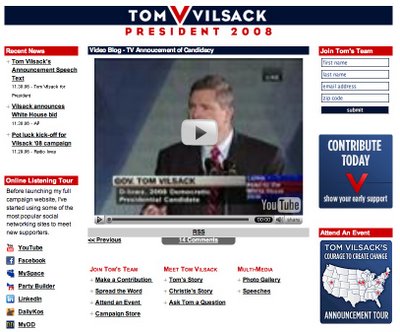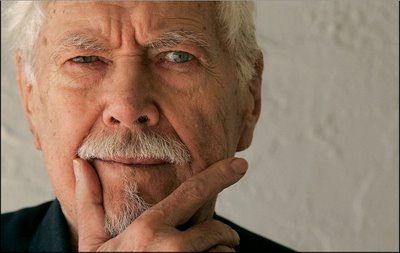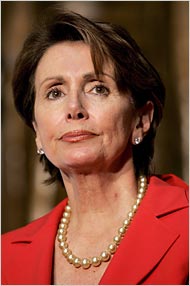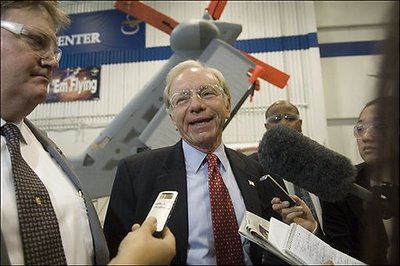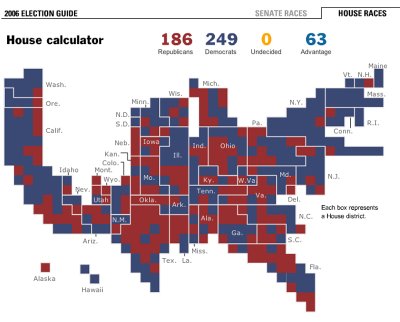He's Got the Goods – But, Will They Bayh?

WASHINGTON – Senator Evan Bayh (D-IN) is likely to announce his bid for the 2008 presidential nomination next week. The popular ex-governor and son of thrice-elected Indiana senator Birch Bayh, Senator Bayh is known for his starkly centrist positioning – and his "Republicrat" branding, which served him well in two terms as governor and eight years in the Senate.
Bayh's impending announcement has been anticipated for some time. He's a strong fundraiser, with tremendous geographic diversity in his contributor base. And his super-centrist street cred should help him garner significant media attention, especially with the success of conservative Democrats this November becoming the vogue.
What Bayh lacks, in the moment, is national recognition – and a passionate base of Democratic primary supporters – and a group that rarely shows a great deal of love to true centrists. While Bayh already differentiates himself through his conservative visage, he might want to amplify his "fair" stance on trade in order to rally both the Democratic primary base and the independent-minded Dems whose communities have paid the price for post-NAFTA, post-MFN globalization.
However, the Political Brandwagon has a deeper question. Why are the super-centrists Bayh and Tom Vilsack (D-IA) rushing to challenge fellow centrist, and theoretical front-runner, Senator Hillary Clinton (D-NY)? Could the cost of Clinton's "cakewalk" reelection campaign have donors some major donors seeking other options? Or, does the Democratic establishment have deeper reservations abou the power of Clinton to win electoral votes between the coasts?
